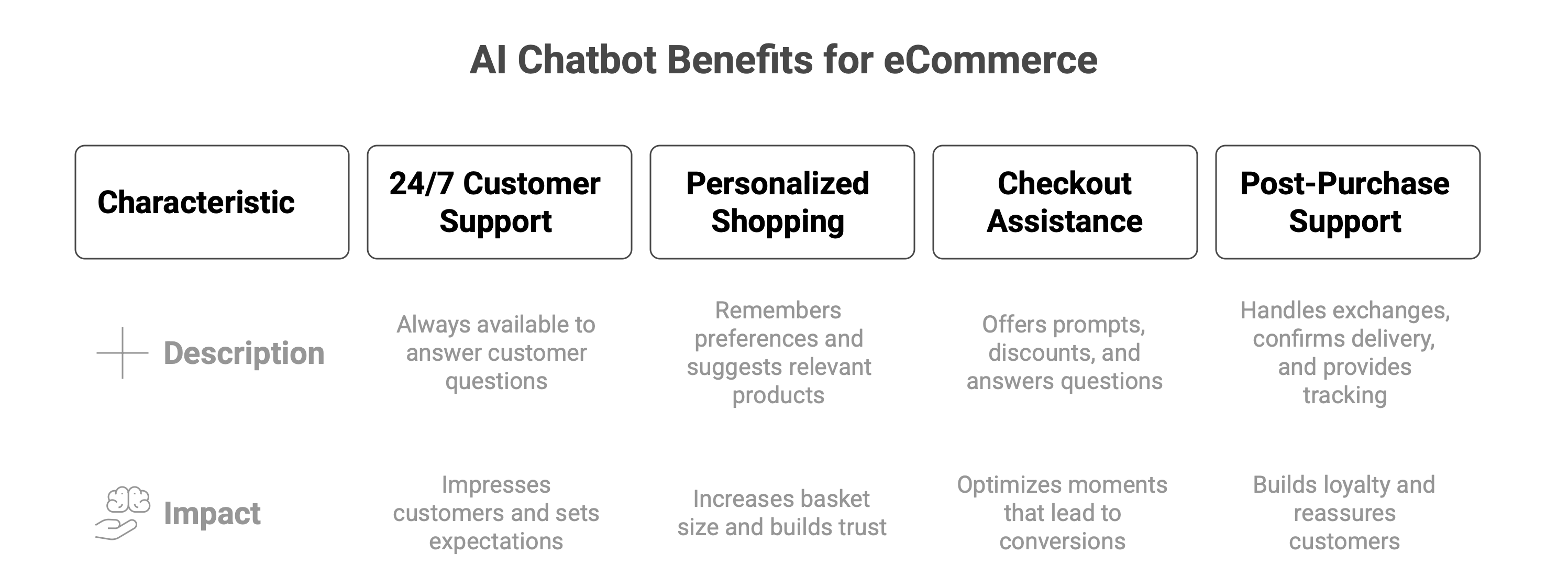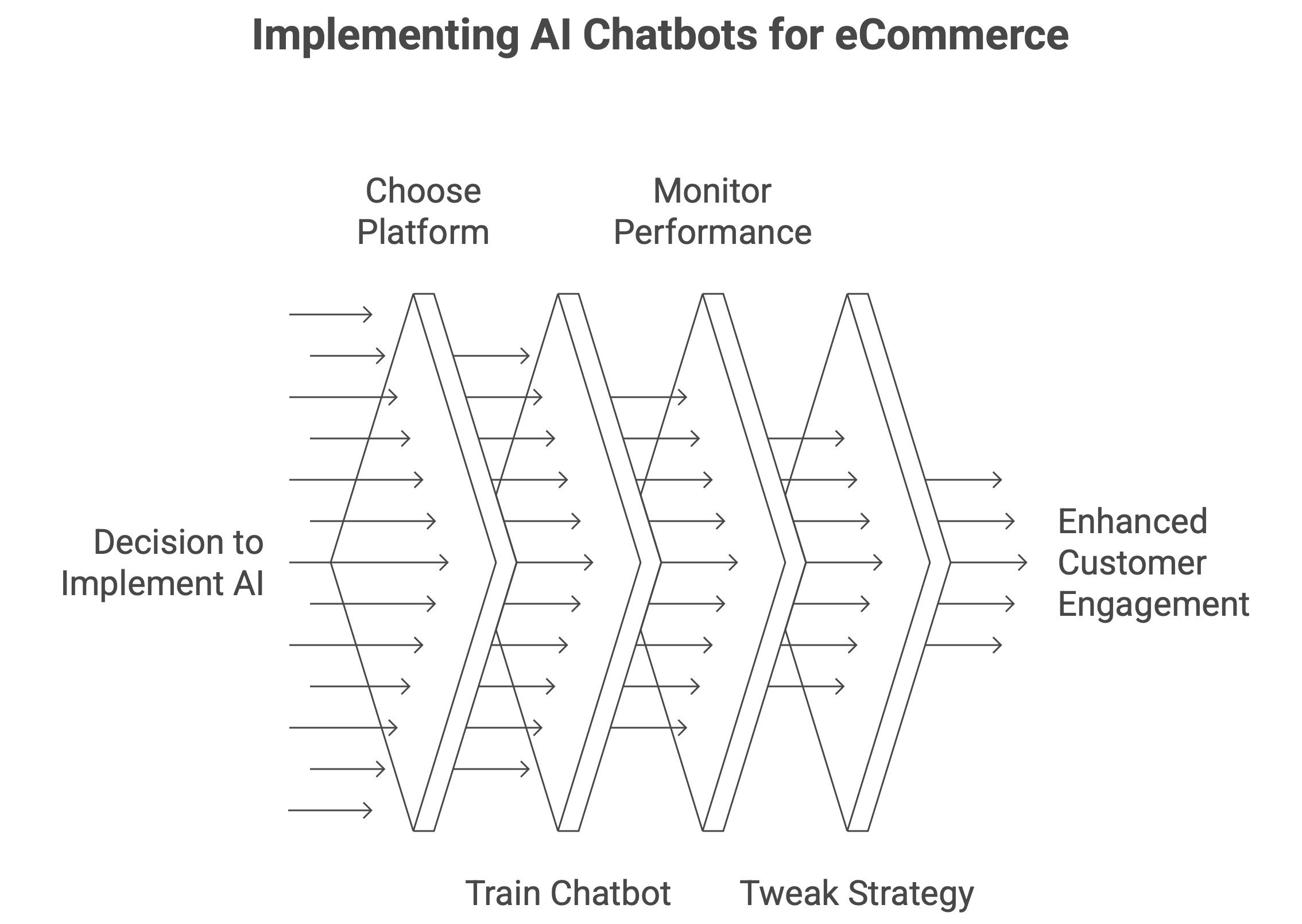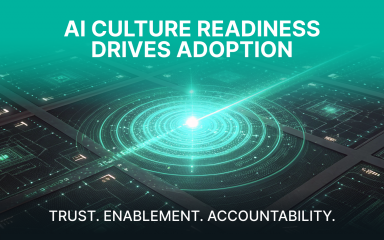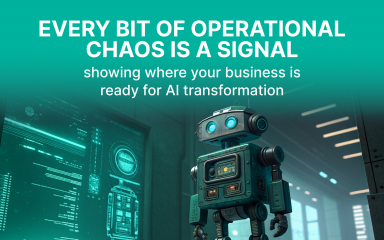How AI Chatbot for eCommerce is Driving Sales
Remember when online shopping help meant firing off an email and waiting, fingers crossed, for a reply? Those days are fading fast. But now? AI chatbots for eCommerce have flipped the script. They’re the digital assistants that never sleep, always ready to answer questions, recommend products, and rescue abandoned carts. By integrating AI technology and chatbots, online shopping has become more efficient and personalized, enhancing customer interactions and streamlining purchase processes.
And here’s the kicker – they’re not just for big brands anymore. Thanks to smarter software platforms and more accessible tools, even mid-sized online shops are reaping the rewards. We’re talking about faster service, happier customers, and yes, more sales.
So, what’s the real story behind this automation wave? Let’s break it down.
Introduction to AI Chatbots
AI chatbots are changing how online stores connect with shoppers – offering smart, instant support that feels personal. These intelligent virtual assistants use artificial intelligence and natural language processing to simulate human-like conversations, providing personalized service and support to online shoppers. With the ability to handle multiple customer queries simultaneously, AI chatbots are becoming an essential tool for ecommerce companies looking to enhance customer satisfaction and boost sales. Ultimately, the use of dialogic artificial intelligence leads to increased customer loyalty and revenue growth.
How AI Chatbots Work
AI chatbots work by using natural language processing (NLP) to understand and interpret customer queries. This technology enables chatbots to analyze the user intent and context of a conversation, allowing them to provide relevant and personalized responses. Machine learning algorithms are also used to continuously improve the chatbot’s performance, enabling it to handle complex queries and adapt to changing customer needs. By integrating with CRM systems and other ecommerce platforms, AI chatbots can access customer data and provide tailored recommendations, further enhancing the customer experience.
Key Benefits of AI Chatbots for eCommerce
Let’s face it – consumers today want fast, friendly help without jumping through hoops. That’s where AI chatbots for eCommerce shine. They’re not just chatty tools. They keep everything under control and help customers every step of the way without any unnecessary noise. AI chatbots assist online store owners by streamlining various business tasks and providing actionable insights. Here’s what they bring to the table: Hybrid chatbots merge AI capabilities with rules-based algorithms to manage both straightforward inquiries and more complex user requests effectively.

1. Round-the-Clock Customer Support
Imagine your customer has a question about shipping – at 2 a.m. Your chatbot’s already on it, answering in seconds, not hours. Whether it’s returns, product info, or tracking updates, bots never need a coffee break. They don’t call in sick. They’re just there – every time someone clicks that little chat icon, expecting help now, not later. Chatbots handle repetitive questions, allowing seamless escalation to a live agent for more complex issues.
This kind of availability doesn’t just impress customers – it sets expectations. Once they get used to real-time answers, they won’t tolerate waiting 24 hours for an email reply ever again. Tracking chatbot performance is crucial to ensure they meet customer expectations. And if you don’t offer that immediacy? They’ll find a competitor who does.
2. Personalized Shopping That Doesn’t Feel Creepy
Let’s be honest – no one wants to feel like they’re being watched online. But a good AI chatbot solution for eCommerce strikes that sweet spot. It recognizes returning visitors, remembers their preferences, and suggests products based on browsing behavior by analyzing user preferences and other data points – all without crossing any weird, too-much-information lines.
It’s a bit like walking into your favorite local shop, and the owner already knows what you’re looking for. Chatbots that know your preferences don’t just respond – they speak in the brand’s style, add personality, and make online communication more enjoyable.
That kind of subtle personalization, combined with well-structured product descriptions and helpful reviews, can make digital shopping feel human again. And when it’s done right, it doesn’t just increase basket size – it builds trust.
3. Check Out Help That Closes the Sale
Ever walked away from a cart because something felt off? Maybe you weren’t sure about return policies or shipping times. Perhaps you just got distracted. If you’ve ever bailed on a cart because you had a question or got distracted, you’re not alone. That’s where chatbots come in. by addressing inquiries at different stages of the buying process.
That’s where chatbots swoop in. They can pop up with helpful prompts, offer time-sensitive discounts, or answer last-minute questions before doubt turns into bounce. Sometimes, all it takes is a friendly “Still thinking it over? Here’s 10% off” to turn a maybe into a yes.
By surfacing relevant listings or nudging with time-sensitive offers, ecommerce chatbots help optimize those crucial moments that lead to conversions, improving user experience and facilitating sales.
4. Post-Purchase Peace of Mind
The sale doesn’t end with a payment – it continues through delivery, returns, and support. Chatbots are surprisingly good at this part. In an ecommerce store, they handle exchanges, confirm delivery dates, and provide real-time tracking updates, often before a human agent even gets involved. eCommerce AI chatbots deliver personalized experiences by providing tailored support and recommendations.
With better visibility into orders and updates shared across multiple channels, personalized experiences enhance customer satisfaction and loyalty, keeping customers informed and at ease. This kind of post-sale care builds loyalty. It reassures the customer that they’re still being looked after, even after the money’s changed hands.
Brands using an AI chatbot service for eCommerce aren’t just improving response times – they’re improving the entire shopping experience.
Actionable Insights from Customer Interactions
AI chatbots can provide valuable insights into customer behavior and preferences on an ecommerce website, enabling ecommerce businesses to make data-driven decisions. By analyzing customer interactions, businesses can identify key metrics such as conversion rates, customer satisfaction, and sales data. This information can be used to optimize the sales process, improve customer support, and develop targeted marketing campaigns. Additionally, AI chatbots can help businesses identify areas for improvement, such as common customer complaints or pain points, allowing them to make targeted changes to enhance the customer experience.
Conversational Commerce
Conversational commerce is a growing trend in ecommerce, where online businesses use messaging platforms and chatbots to interact with customers and facilitate transactions. This approach enables businesses to provide personalized service and support, while also streamlining the purchase process and reducing friction. By leveraging conversational AI, businesses can engage customers in real-time, provide personalized product recommendations, and offer seamless support, ultimately leading to increased customer satisfaction and loyalty. Popular messaging apps such as Facebook Messenger and WhatsApp are being used by businesses to connect with customers and provide conversational commerce experiences.
Using AI Chatbot for Cross Selling
AI chatbots can be used to cross-sell and upsell products to customers in online stores, increasing average order value and revenue. By analyzing customer preferences and purchase history, chatbots can provide personalized product recommendations, suggesting complementary or related products that may be of interest. This approach can help businesses increase sales and revenue, while also enhancing the customer experience. Additionally, AI chatbots can be used to promote loyalty programs and offer exclusive discounts, further incentivizing customers to make repeat purchases. By leveraging AI chatbots for cross-selling, businesses can create a more personalized and engaging shopping experience, driving customer loyalty and revenue growth.
Measuring Chatbot Performance
Measuring the performance of ecommerce chatbots is crucial to understanding their effectiveness and identifying areas for improvement. Key metrics to track include user engagement, conversation completion rates, and customer satisfaction. Analytics tools can be used to monitor these metrics and provide actionable insights on how to optimize chatbot performance. By analyzing sales data and customer interactions, businesses can refine their chatbot’s responses to better meet customer needs and improve the overall customer experience.
AI Driven Chatbots and Automation
AI-driven chatbots are revolutionizing the way ecommerce businesses automate customer support and sales processes. By leveraging artificial intelligence and machine learning, chatbots can handle complex customer queries, provide personalized product suggestions, and even facilitate transactions. Automation enables businesses to streamline support, reduce response times, and increase efficiency, allowing human agents to focus on more complex issues. AI-powered chatbots can also be integrated with CRM systems to access customer data and deliver personalized experiences.
Creating a Brand Voice for Chatbots
Creating a brand voice for chatbots is essential to delivering a consistent and personalized experience for customers. A well-defined brand voice helps to build trust, convey empathy, and establish a connection with customers. When developing a brand voice for chatbots, businesses should consider their target audience, tone, and language to ensure that the chatbot’s responses align with their brand identity. By using natural language understanding and machine learning algorithms, chatbots can be programmed to respond in a way that is consistent with the brand voice, fostering customer loyalty and satisfaction.
Top AI Chatbot Platforms for eCommerce in 2025
Now for the fun part – exploring the top chatbot platforms in 2025. They enhance user experiences with features like natural language processing and sentiment analysis, making interactions more personalized and efficient.
Each AI chatbot platform for eCommerce has its strengths – what matters is choosing one that fits your customer needs and business size. The best ecommerce chatbots are advanced AI-driven tools designed to enhance the shopping experience in online retail. They automate communications, guide customers, and improve sales processes, thereby demonstrating their significance in the ecommerce landscape. Ecommerce AI enhances customer experiences through personalization and automation, providing tailored product recommendations, engaging customers via chatbots, and streamlining operations in online retail.
Outvio
Built for the post-purchase phase, Outvio is more than a chatbot – it’s a logistics wizard that emphasizes continuous improvement through user feedback and performance analytics. From real-time tracking to automating exchanges, this enterprise AI chatbot solution for eCommerce helps businesses deliver better results long after the transaction. Outvio enhances user experience on ecommerce sites by providing seamless support and improving operational efficiency.
Gorgias
If you’re on Shopify, Gorgias might just be your new best friend. It handles up to 60% of inquiries automatically and helps brands fine-tune their support strategy. Gorgias also assists online store owners by streamlining various business tasks and providing actionable insights. Plus, it integrates with your existing stack, emphasizing the importance of tracking chatbot performance to ensure they meet customer expectations.
Botpress
It’s great for global brands juggling complex product listings and varied channels. As an ecommerce chatbot, Botpress enhances customer interactions and streamlines sales processes by automating customer support, facilitating lead generation, and providing personalized recommendations.
Want complete control and customization? Botpress offers a visual builder and supports over 100 languages, with advanced natural language understanding to enhance chatbot capabilities.
Tidio
Tidio blends AI and human support with Lyro AI, creating natural conversations and personalized offers by analyzing user interactions, which helps in refining chatbot operations and enhancing service quality. It’s ideal for stores looking to improve their content-driven interactions without feeling robotic. As an ecommerce AI chatbot, Tidio delivers personalized product recommendations and enhances user interactions.
Each AI chatbot platform for eCommerce has its strengths – what matters is choosing one that fits your customer needs and business size.
(And if you’re wondering which is the best AI chatbot for eCommerce? That depends on your goals – but these four are a solid place to start.)
Enterprise AI Chatbot Solutions: Scaling Customer Engagement
Running a more extensive eCommerce operation? You need more than basic FAQ bots that lack continuous improvement through user feedback and performance analytics. You need an enterprise AI chatbot for eCommerce platforms that can grow with you. Ecommerce AI enhances customer experiences through personalization and automation.
Smarter Conversations at Scale
We’re talking multilingual capabilities, integrations with your CRM, and rich analytics to understand how your customers interact. Analyzing user interactions helps in refining chatbot operations and enhancing service quality. Brands using them often see upticks in engagement across digital channels and measurable shifts in customer performance data. Ecommerce chatbots enhance customer interactions and streamline sales processes by automating customer support, facilitating lead generation, and providing personalized recommendations. These chatbots engage with website visitors to understand their needs, such as product preferences and budget, while also collecting their contact information.
Certainly & Maisie AI
Certainly creates end-to-end autonomous shopping experiences with powerful search, enhancing user engagement and driving repeat purchases by improving customer interactions. Maisie AI focuses on increasing conversions and reducing repetitive tickets—ideal for brands juggling high content volumes and seasonal optimization needs. These smart tools offer tailored suggestions, guiding shoppers to just what they need.
Done right, an enterprise AI chatbot solution for eCommerce becomes a strategic part of your digital management system.
Continuous Improvement and Optimization
Continuous improvement and optimization are critical to ensuring that ecommerce chatbots remain effective and efficient. By monitoring chatbot performance, gathering customer feedback, and analyzing user interactions, businesses can identify areas for improvement and refine their chatbot’s responses. Machine learning algorithms can be used to update and adapt the chatbot’s knowledge base, enabling it to handle complex queries and provide more accurate responses. Regular updates and maintenance are essential to ensuring that chatbots continue to deliver personalized experiences, drive sales, and enhance customer satisfaction. By prioritizing continuous improvement and optimization, businesses can stay ahead of the competition and provide a superior customer experience.
How to Get Started: Implementing AI Chatbots Without the Headache
You’ve decided it’s time to bring AI-based demand forecasting into the mix – but where do you start?
- Pick the right platform – Choose a tool that plays nice with your existing setup, whether it’s Shopify, Magento, or a custom store.
- Train it on your brand’s voice – Your chatbot shouldn’t sound like a robot. Feed it your FAQs, tone guidelines, product descriptions, and even past conversations to give it some personality.
- Monitor, measure, tweak – Set KPIs – chat resolution times, conversion rates, customer satisfaction. A great AI chatbot for eCommerce is never really “done” – it gets smarter with time.

And here’s a little secret: you don’t need to roll out the red carpet all at once. Start with one key use case, such as post-purchase tracking, and expand from there.
What’s Next? AI Chatbots Are Just Getting Started
Looking ahead, things are only getting more exciting.
We’re already seeing bots that remember previous chats, support entire product journeys, and even understand sentiment in real time. AI-driven chatbots use algorithms to analyze customer queries and deliver personalized responses. Soon, expect AI to guide customers through immersive shopping experiences, like choosing outfits in a virtual fitting room, by analyzing user interactions to refine chatbot operations and enhance service quality.
Will generative AI for eCommerce replace human support altogether? Probably not. However, it will change how support teams operate, focusing on high-value interactions while chatbots handle the rest.
So, Should You Try It?
Honestly – yes.
AI chatbots for eCommerce are no longer optional for businesses that want to stay relevant. Ecommerce AI chatbots deliver personalized product recommendations and enhance user engagement. Whether you’re a boutique brand or a retail giant, customers expect quick, personalized, always-there support. And if you don’t offer it, your competitors will.
From cutting down support costs to enhancing user engagement and driving repeat purchases by improving customer interactions, chatbots are proving their worth – and then some.
So don’t ask whether you need a chatbot. Ask which one will help your store shine.











